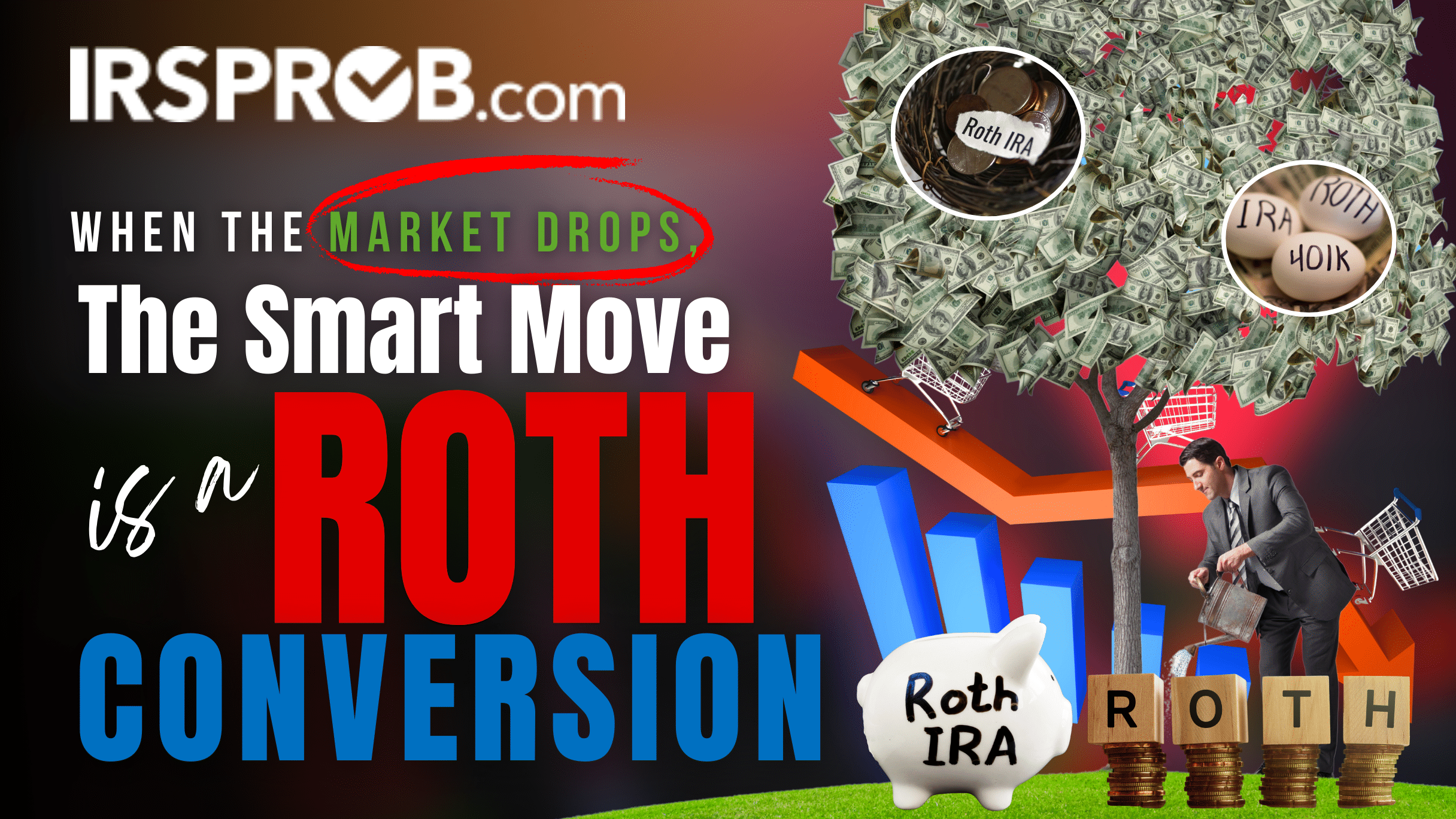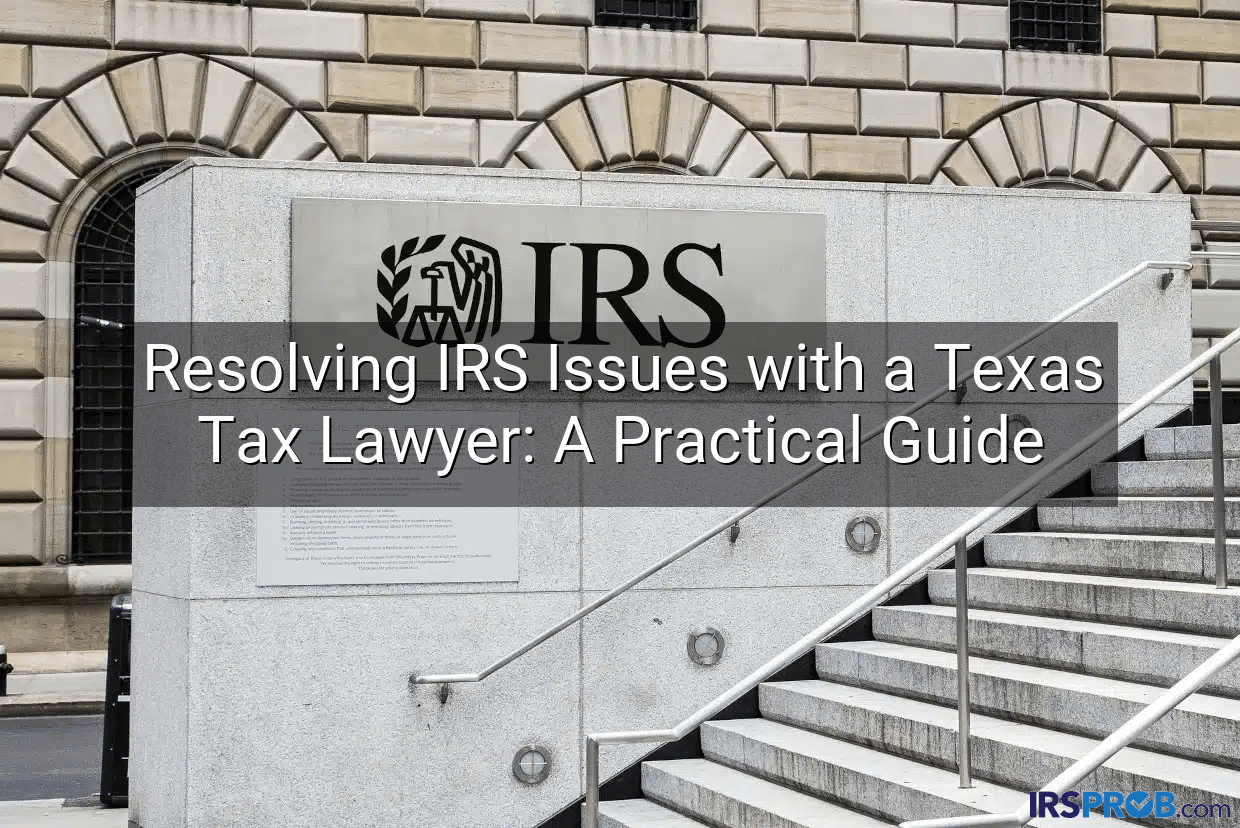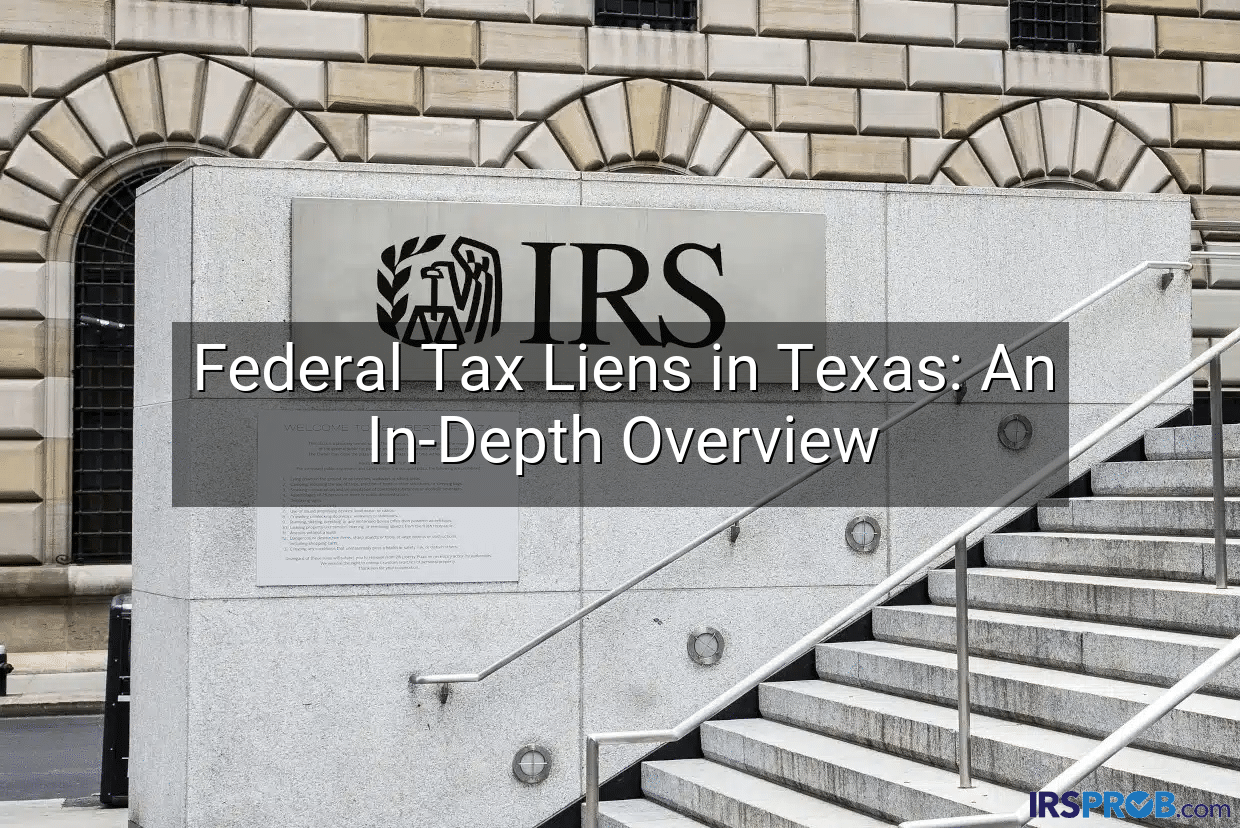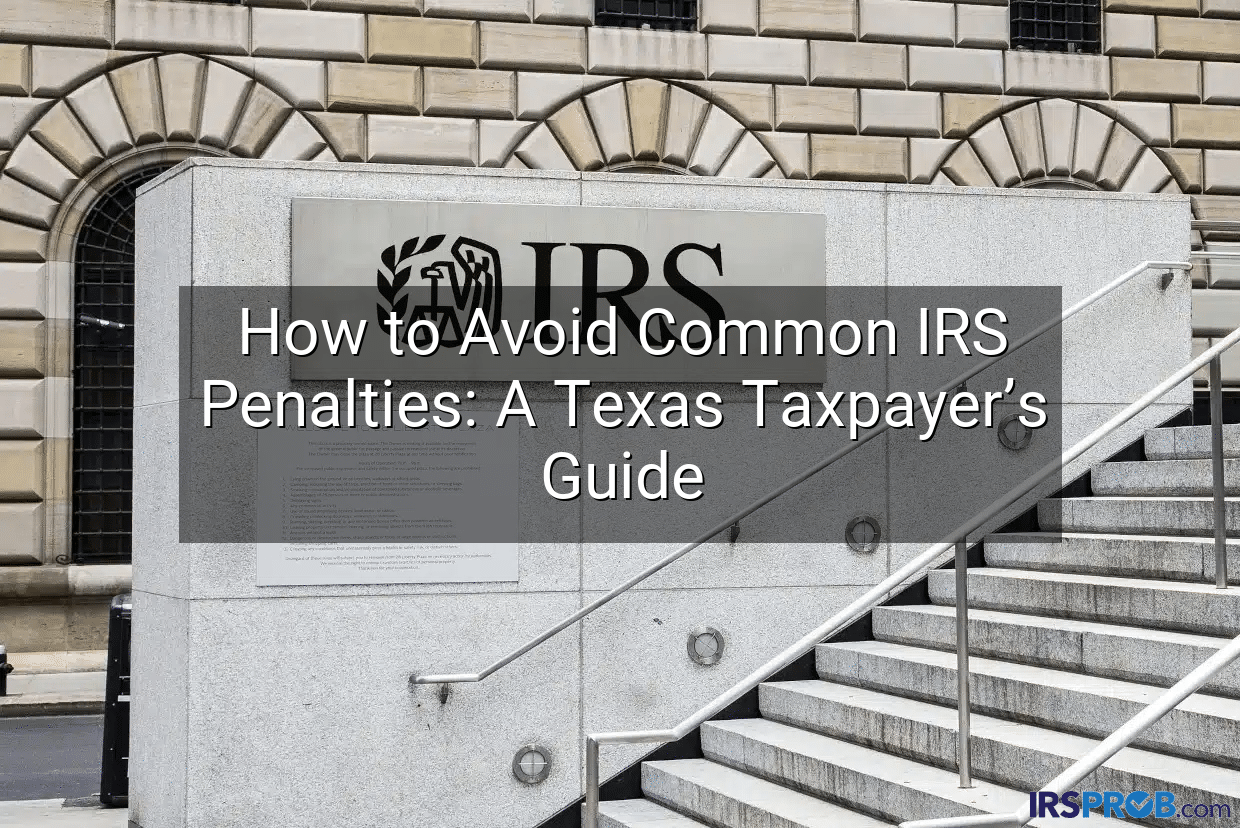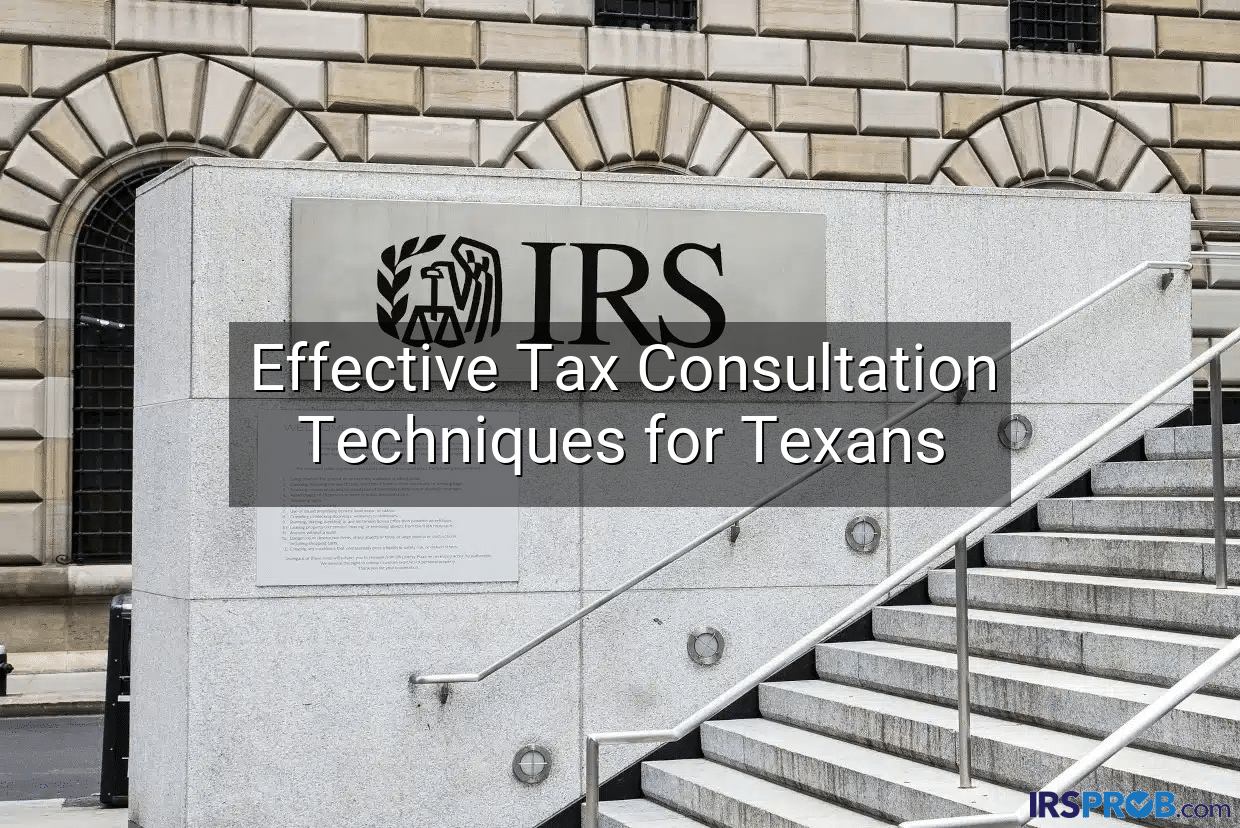Determining whether a revenue-generating activity qualifies as a trade or business may seem straightforward, but it can often be more complex than it appears. Confusion often arises when dealing with hobbies that generate income and investments involving personal involvement. The distinction between a trade or business and these activities is crucial, as it affects tax deductions, filing requirements, and potential additional taxes. In this blog post, we will explore the significance of establishing a trade or business status, its impact on deductions, and its relevance to specific tax provisions.
Although many provisions refer to the status of an activity as a trade or business, the Internal Revenue Code and regulations do not provide a specific definition. Consequently, the courts have been responsible for determining this distinction over the years. The standard for differentiating between a trade or business and other activities originates from the Groetzinger case in 1987.
In Groetzinger, the Supreme Court concluded that an activity must exhibit continuity, regularity, and a primary purpose of generating income or profit to be considered a trade or business. Conversely, sporadic activities, hobbies, or amusement diversions do not qualify. While Groetzinger mainly addressed the differentiation between a trade or business and a hobby, the same standard has been applied in various court cases to distinguish a trade or business from an investment.
One of the primary concerns when determining whether an activity constitutes a trade or business is the allowance of deductions. Section 162(a) of the Internal Revenue Code states that ordinary and necessary expenses incurred in carrying on any trade or business are deductible. If an activity does not meet the criteria for a trade or business, Section 162 does not apply, and no deductions can be taken directly against the income generated from that activity.
Activities that do not qualify as trades or businesses but are pursued without a profit motive are often considered hobbies, subject to Section 183. Under Section 183(d), an activity is presumed to be engaged in for profit if it generates revenue greater than deductions in at least three out of five consecutive years. However, the IRS often challenges the profit motive using the corollary rule of three out of five years as a loss. The final determination of a profit motive relies on nine nonexclusive factors outlined in the regulations.
The trade or business status is also relevant to other significant deductions, such as Section 179 expensing and the qualified business income (QBI) deduction under Section 199A. Section 179(b)(3)(A) states that the amount allowed as a deduction under Section 179 cannot exceed the taxpayer’s taxable income derived from the active conduct of any trade or business. Therefore, an activity that does not qualify as a trade or business cannot elect to expense a capital asset under Section 179.
Similarly, the QBI deduction in Section 199A(b)(1)(A) is based on the amounts determined for each qualified trade or business carried on by the taxpayer. Not only must the activity fall under a qualifying type for the QBI deduction, but it must also meet the criteria of a trade or business to contribute to this deduction.
One advantage of an activity failing to meet the definition of a trade or business is the exemption from self-employment tax. Income from an activity that does not constitute a trade or business is not subject to self-employment tax under Section 1402(a). This exemption can be advantageous for taxpayers engaged in activities with minimal expenses and lacking the profit motive required by Section 183
The status of constituting a trade or business also affects filing requirements.



